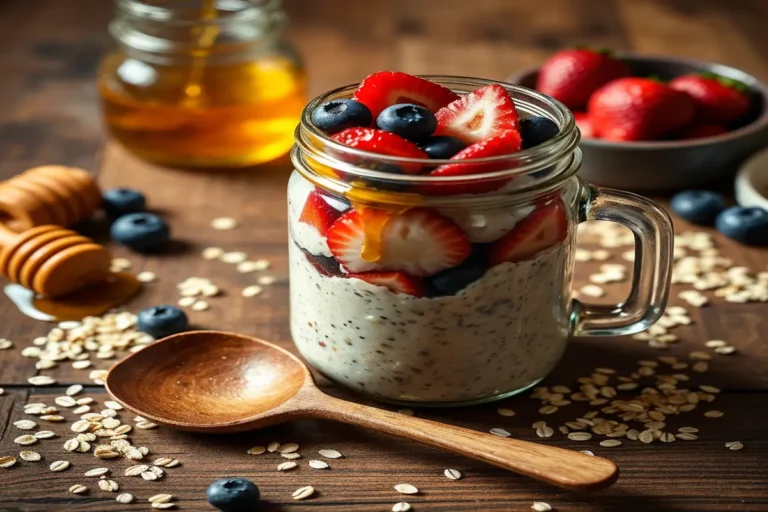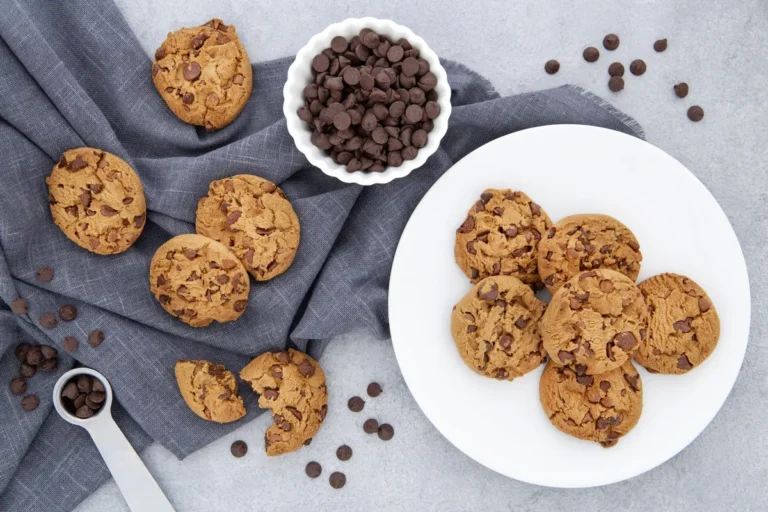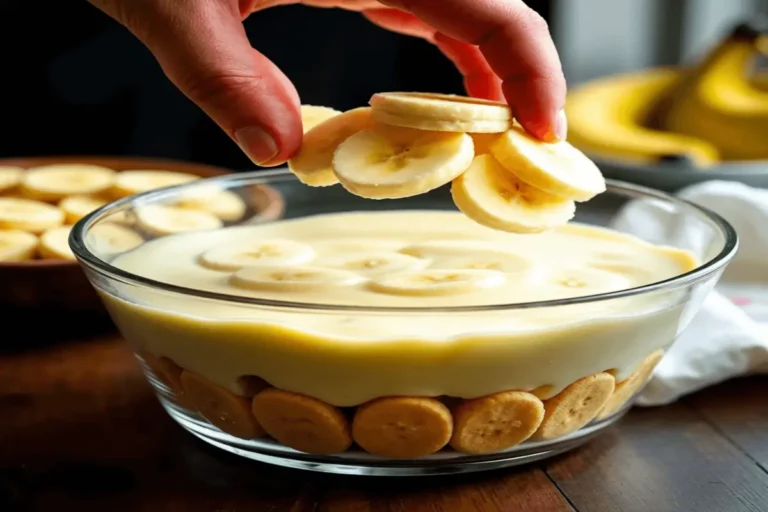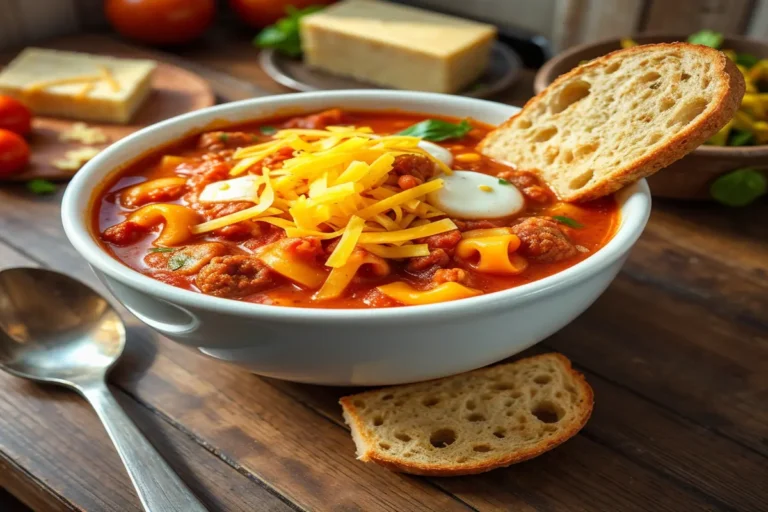The Secret Ingredient to Keep Cookies Soft: Tips and Techniques for Perfect Results
When it comes to baking cookies, achieving the perfect texture is often the most challenging aspect. A soft, chewy cookie that maintains its freshness for days is the holy grail for many bakers. But what is the secret ingredient that keeps cookies soft? This article explores the various techniques and ingredients that can help you master the art of making soft cookies. Whether you are a seasoned baker or just starting, these tips will ensure your cookies remain irresistibly soft.
The Secret Ingredient to Keep Cookies Soft: A Comprehensive Guide
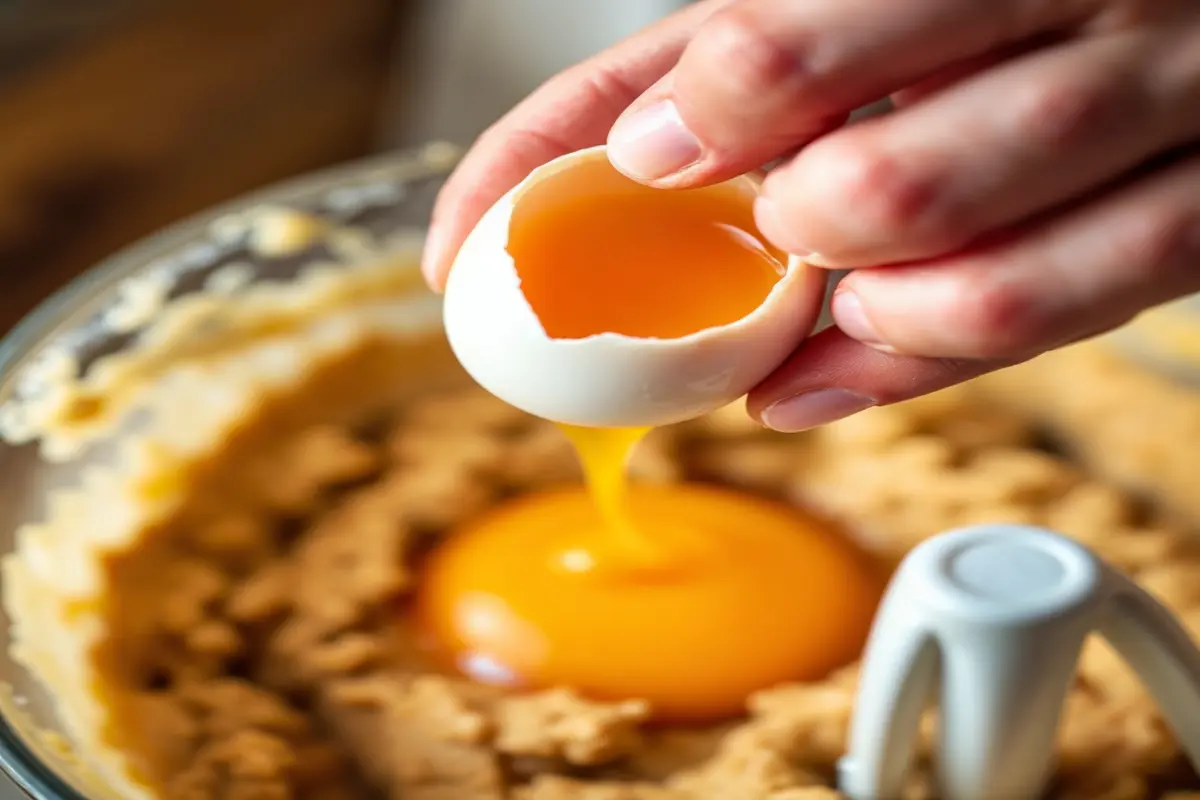
Introduction to Soft Cookies: Understanding the Importance of Keeping Cookies Soft
The texture of a cookie can make or break its appeal. While some prefer crispy edges, many cookie lovers yearn for a soft, chewy center that melts in the mouth. Achieving this texture requires a combination of the right ingredients and techniques. The key to keeping cookies soft lies in understanding how each component of your recipe contributes to the final product.
Understanding Cookie Texture: What Makes Cookies Soft and Chewy?
Cookie texture is influenced by several factors, including the type of flour, sugar, and fat used, as well as the baking time and temperature. Flour provides structure, while sugar contributes to both sweetness and texture. The type of fat, whether butter or margarine, can significantly impact the cookie’s softness. Additionally, the moisture content in your dough and how the cookies are stored play crucial roles in maintaining softness.
Key Ingredients for Soft Cookies: Discover the Secret Ingredients for Chewy Cookies
The secret to soft cookies often lies in the ingredients. Here are some key components that can help you achieve that perfect, soft texture:
- Corn Syrup: The Secret Ingredient to Keep Cookies Soft
Corn syrup is a hygroscopic ingredient, meaning it attracts and retains moisture. Adding corn syrup to your cookie dough can help keep your cookies soft for longer periods. This is particularly useful if you’re planning to store the cookies for a few days. - Brown Sugar: A Key Ingredient for Soft and Chewy Cookies
Unlike white sugar, brown sugar contains molasses, which adds moisture to the dough. Using a higher ratio of brown sugar to white sugar will result in a softer cookie with a chewy texture. - Cornstarch: The Hidden Secret for Soft Cookies
Adding a small amount of cornstarch to your cookie dough can make the cookies tender and soft. Cornstarch works by binding water, which helps to reduce the spread of the dough during baking and results in a thicker, softer cookie. - Butter vs. Margarine: Which is Better for Soft, Chewy Cookies?
While butter is known for adding flavor, margarine can help achieve a softer texture. Margarine has a higher water content, which contributes to a softer cookie. However, the choice between butter and margarine depends on personal preference and the desired flavor. - Egg Yolks: The Secret Ingredient for Rich and Soft Cookies
Adding extra egg yolks to your cookie dough increases the fat content, resulting in a richer and softer texture. Egg yolks also help to bind the ingredients together, which prevents the cookies from becoming too dry.
Techniques to Enhance Softness: How to Keep Cookies Soft After Baking
In addition to using the right ingredients, certain techniques can further enhance the softness of your cookies:
- Chilling the Dough: A Simple Trick for Soft Cookies
Chilling your cookie dough before baking allows the ingredients to meld together, resulting in a more cohesive dough. This step also prevents the cookies from spreading too much during baking, leading to a thicker, softer cookie. - Underbaking Cookies: The Key to Soft, Chewy Cookies
The key to soft cookies is often in the bake time. Underbaking your cookies slightly will ensure they remain soft in the center. The residual heat will continue to cook the cookies after they’ve been removed from the oven, so taking them out when they are just set will result in a softer texture. - Using Fructose: The Secret Ingredient for Chewy, Soft Cookies
Fructose, found in honey and other natural sweeteners, is another hygroscopic ingredient that can help retain moisture in your cookies. Incorporating fructose into your recipe can keep your cookies soft and chewy. - Proper Storage Techniques: How to Keep Cookies Soft and Fresh
How you store your cookies after baking can also affect their softness. Store cookies in an airtight container with a slice of bread or an apple slice to maintain moisture. The bread or apple will release moisture, which the cookies will absorb, keeping them soft for longer. - Adding Extra Moisture: Tips for Making Soft, Moist Cookies
Ingredients like pudding mix or applesauce can add extra moisture to your cookie dough, resulting in a softer texture. Pudding mix, in particular, can add a creamy texture and additional flavor to your cookies.
Internal Linking Opportunities: Enhance Your Baking Skills for Perfect Cookies
To further enhance your understanding of cookie textures, you may want to explore related topics such as The Perfect Chocolate Chip Cookie Recipe or learn more about Baking Perfect Cookies: A Guide. These articles provide deeper insights into the techniques and ingredients that contribute to creating the perfect cookie, helping you to refine your baking skills.
Additionally, if you are interested in maintaining the freshness of baked goods, you might find the tips in How to Wrap Banana Bread to Keep It Fresh and Moist useful.
FAQs (Frequently Asked Questions): How to Keep Cookies Soft and Chewy
To address some common queries about maintaining cookie softness, here are a few frequently asked questions:
- What ingredient keeps cookies soft? The key ingredients that keep cookies soft include corn syrup, brown sugar, and cornstarch. These ingredients help retain moisture in the cookies, resulting in a soft and chewy texture.
- How do you keep cookies soft after baking? To keep cookies soft after baking, store them in an airtight container with a slice of bread or apple. This will help retain moisture and prevent the cookies from drying out.
- Is butter or margarine better for soft, chewy cookies? Margarine is often better for soft cookies because it has a higher water content than butter. However, butter adds a richer flavor, so the choice depends on your preference.
- Can I make cookies soft again after they have hardened? Yes, you can make cookies soft again by placing them in an airtight container with a slice of bread or apple. The cookies will absorb the moisture from the bread or apple, softening them over time.
- What makes cookies chewy instead of crispy? A higher ratio of brown sugar to white sugar, as well as the addition of cornstarch and extra egg yolks, can make cookies chewy instead of crispy.
Conclusion: Master the Art of Soft Cookies with the Right Ingredients and Techniques
Achieving the perfect soft cookie requires a careful balance of ingredients and techniques. By incorporating ingredients like corn syrup, brown sugar, and cornstarch, and by using techniques such as chilling the dough and underbaking, you can create cookies that are soft, chewy, and delicious. Don’t forget to store them properly to maintain their freshness.
For more tips and recipes, be sure to check out Neila Recipes, where you can find a variety of baking guides and culinary insights to help you perfect your cooking and baking skills.

